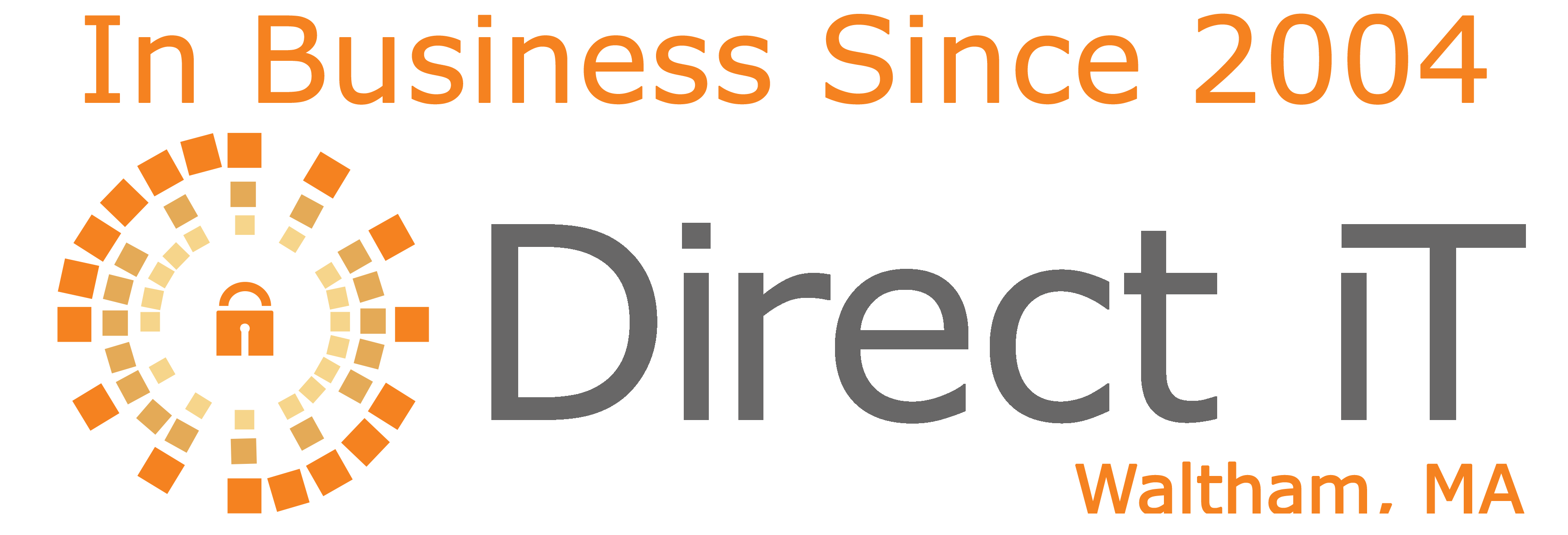Solarwinds "Building a Secure Future 2021" which surveyed 967 tech pros, managers, and directors from a diverse intersection of private, public, small, and enterprise-sized organizations.
45% of respondents attributed lack of budget to be a leading barrier against risk mitigation, while another 45% said it's because of lack of training.
"A year of unprecedented upheaval has ultimately served as a critical catalyst for a
broader exploration of organizations’ exposure to enterprise IT risk of all kinds—including risk
introduced by the implications of remote, distributed work—and the degree to which organizations
are prepared to manage, mitigate, and prevent risk in the future," the report stated.
The report found that 81% of respondents "agree or strongly agree their organizations are prepared to manage, mitigate, and resolve risk factor-related issues dur to the policies and/or procedures they already have in place," but about half of all respondents reported technology or policy upgrades since workers were sent home.
Deeper into the report, it is shown that tech pros at Small and Mid-sized businesses rank remote work policies as the second most likely variable to their organization's risk exposure. The third most likely to hurt mid-sized businesses is "limited flexibility to quickly adapt operations to meet unforeseen needs."
When asked specifically about barriers, tech pros as small businesses cited "lack of budget/resources" as the number one challenge to mitigate and/or manage. Among other variables that could hurt organizations, those surveyed cited "lack of strategic planning," "incomplete/inadequate security policies" and "unknown human factors such as employee security burnout."

